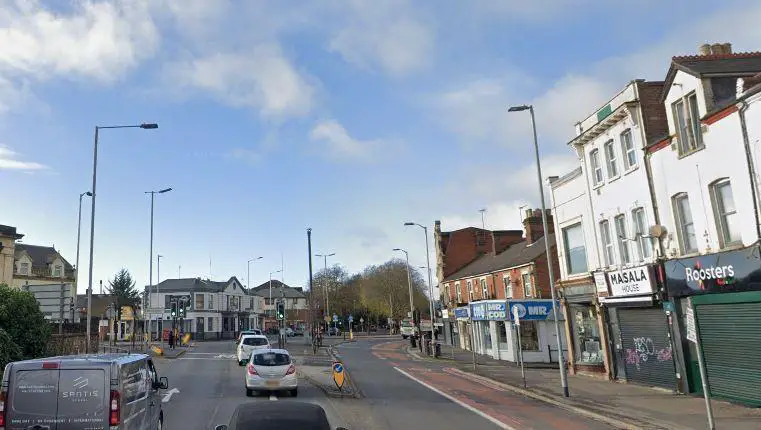Discover how the relocation of homeless families to Slough exposes systemic housing issues and calls for regional cooperation and innovative solutions.
In what marks a significant development for the local transportation network, work is due to commence on a contentious new bus lane in the city of Reading. This project has sparked considerable debate among residents and local officials, as it aims to enhance public transport efficiency but at the expense of reducing road space for drivers.
Local Authorities Push Forward with Bus Lane Plans

Source: https://www.readingchronicle.co.uk/news/24489088.work-due-begin-controversial-reading-bus-lane/
The Reading Borough Council has given the green light for the start of construction on the new bus lane, despite vocal opposition from various quarters. The council insists that the initiative is crucial for improving public transportation reliability and reducing congestion caused by buses sharing lanes with regular traffic.
Councillor Sarah Campbell, who oversees transportation initiatives, stated, "This bus lane is an essential part of our strategy to create a more efficient, eco-friendly public transport system. By giving buses their own lane, we can significantly reduce delays and improve the overall commuting experience for passengers."
Concerns from the Driving Community
However, not everyone is on board with the project. A segment of the community, particularly regular car commuters, has expressed concerns about the reduction in road space. They argue that the new bus lane will exacerbate existing traffic issues, especially during peak hours.
John Mason, a daily commuter, voiced his frustration: "Taking away road space from drivers to make way for this bus lane is going to make our commutes even more challenging. It feels like the council is prioritising one group of road users over another."
Environmental and Economic Implications
Proponents of the bus lane emphasise its potential environmental benefits. With a dedicated bus lane, public buses could become a more attractive option for commuters, potentially leading to a decrease in the number of private vehicles on the road. This shift could significantly lower carbon emissions and contribute to better air quality in Reading.
Additionally, there are economic factors at play. Improved bus services can lead to increased ridership, providing a boost to the local economy as more people opt for public transport to reach businesses and services in town.
Public Consultation and Future Plans
The Reading Borough Council conducted several public consultations before moving forward with the project. Despite the mixed feedback, the majority of responses supported the initiative, highlighting the need for more efficient public transport solutions.
As construction begins, the council has promised to monitor the impact of the bus lane closely and make adjustments as necessary. Councillor Campbell remarked, "We are committed to making this transition as smooth as possible for all road users. Any significant issues that arise will be addressed promptly."
Residents and commuters are advised to stay informed about road closures and diversions during the construction period. The council has assured that efforts will be made to minimise disruptions.
The Road Ahead
As Reading embarks on this ambitious project, it stands at a crossroads between modernising its public transport infrastructure and managing the concerns of its driving population. Whether this new bus lane will achieve its intended benefits or exacerbate traffic woes remains to be seen. One thing is certain, though: the spotlight will remain firmly fixed on this developing story in the months to come.